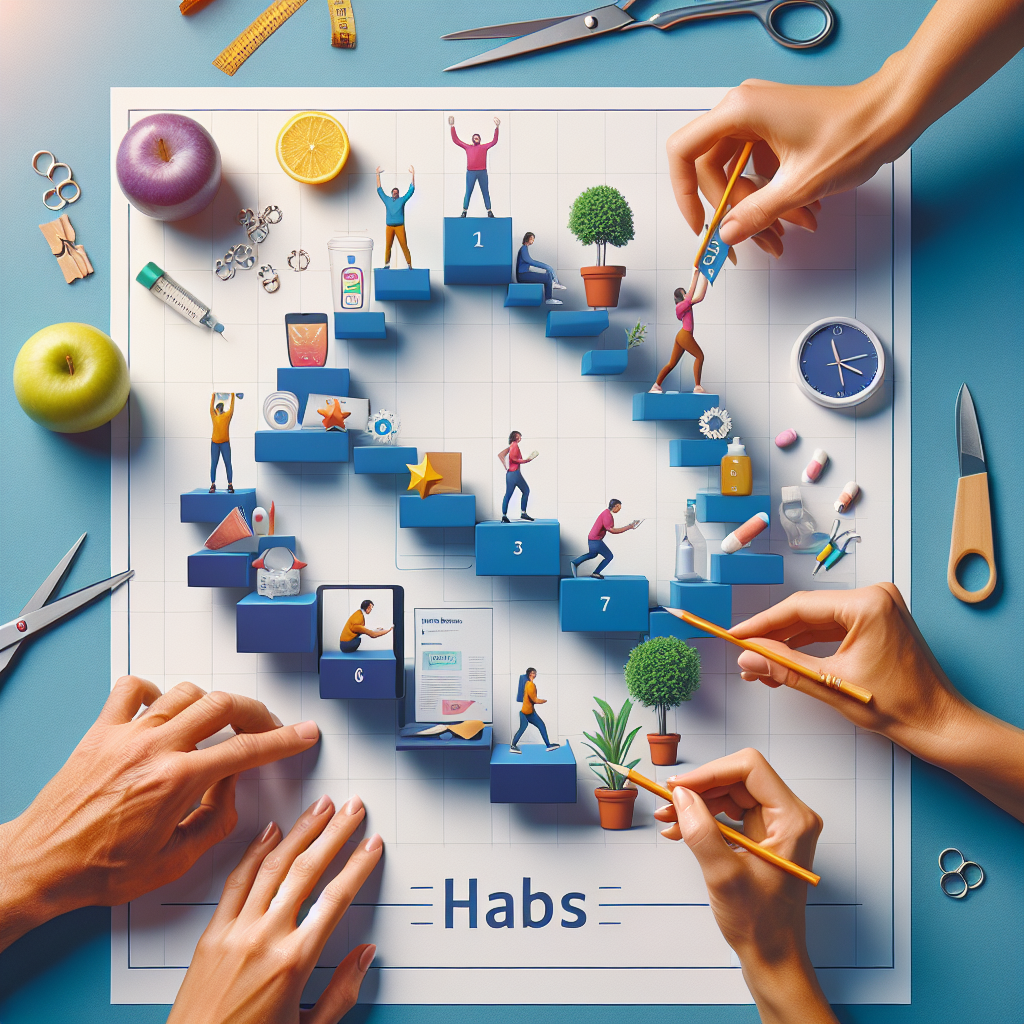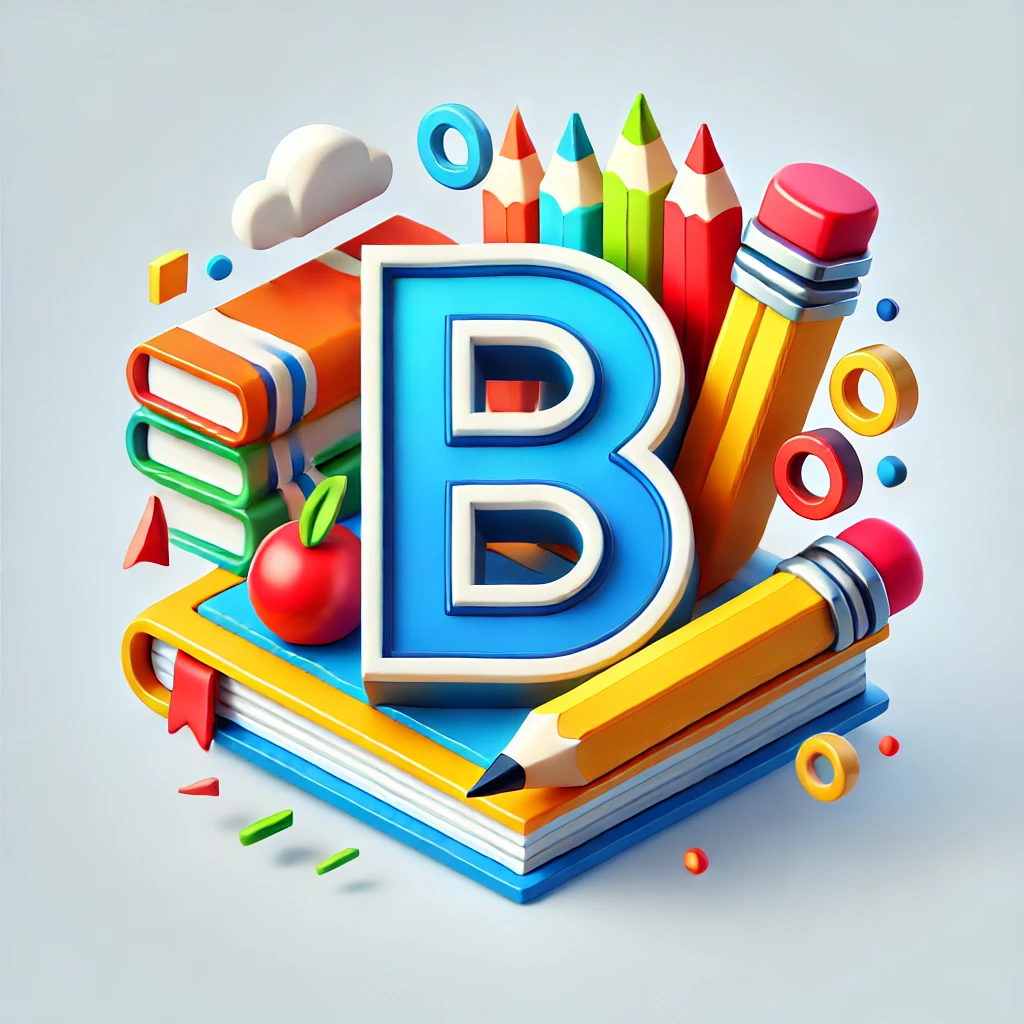Embrace Lifelong Learning
There’s an ever-evolving landscape of knowledge and skills waiting for you to explore, and embracing lifelong learning is the key to staying relevant in today’s fast-paced world. As you cultivate your curiosity and expand your expertise, you’ll unlock opportunities and empower yourself to adapt to change with confidence. This journey of continuous development not only enhances your personal growth but also enriches your professional life, making it imperative for you to actively seek out new learning experiences throughout your life.

Understanding Lifelong Learning
To fully embrace the concept of lifelong learning, it’s necessary to grasp what it entails. Lifelong learning is the continuous, voluntary, and self-motivated pursuit of knowledge for personal or professional development. This journey fosters adaptability in an ever-evolving world and enhances your ability to respond to changing circumstances and challenges.
Definition and Importance
Behind the term ‘lifelong learning’ lies a profound significance. It represents an ongoing commitment to enriching your life through education, skills, and experiences. This mindset not only sharpens your competitive edge in your career but also nurtures your personal growth, ultimately leading to a more fulfilling and engaged existence.
Historical Context of Lifelong Learning
Context plays a vital role in understanding how lifelong learning has evolved. Historically, education was often limited to formal schooling, lasting only during youth. However, social, economic, and technological transformations have increasingly highlighted the necessity for education to continue throughout one’s life, paving the way for a culture that values ongoing learning.
With the rapid advances in technology and the global market’s increasing complexity, the notion of lifelong learning gained traction in the 20th century. The rise of information accessibility and the demand for continuous skill enhancement have made it necessary for individuals to adapt to new challenges and opportunities. Learning is now seen as a journey rather than a destination, reflecting society’s changing needs.
Key Principles of Lifelong Learning
After understanding its historical context, you should explore the key principles of lifelong learning. Primarily, it is centered around being open to new experiences, maintaining intellectual curiosity, and recognizing the value in different forms of learning—formal, informal, and experiential.
This approach emphasizes the importance of adaptability, self-directed learning, and applying knowledge in real-life situations. By integrating these principles into your everyday life, you can cultivate a mindset that welcomes change, nurtures continuous growth, and ultimately leads to enhanced personal and professional satisfaction.
Benefits of Lifelong Learning
Some of the most significant benefits of lifelong learning include personal growth, career advancement, and enhanced cognitive function. Engaging in continuous learning can not only enrich your life but also open doors to new opportunities. By prioritizing your own education, you position yourself for success in both personal and professional arenas. The journey of lifelong learning empowers you to adapt, innovate, and thrive in an ever-evolving world.
Personal Growth and Development
Development through lifelong learning fosters resilience and adaptability. As you expand your knowledge and experiences, you cultivate a deeper understanding of yourself and the world around you. This journey not only boosts your confidence but also enhances your emotional intelligence, enabling you to connect more meaningfully with others. Embracing new challenges leads to greater self-awareness and personal satisfaction.
Career Advancement Opportunities
Between gaining new skills and staying updated with industry trends, lifelong learning significantly enhances your career prospects. By committing to continuous education, you signal to employers that you are proactive and dedicated to your professional growth, making you a valuable asset in any organization.
Another benefit of lifelong learning is that it positions you for career advancement. As you acquire new skills and knowledge, you become eligible for promotions and new job opportunities, which often lead to increased responsibilities and higher salaries. This ongoing pursuit of education not only makes you stand out but also increases your adaptability in a changing job market. In addition, networking opportunities arise through courses and workshops, connecting you with mentors and industry leaders who can further your career.
Enhanced Cognitive Function
On a cognitive level, lifelong learning contributes to improved memory and critical thinking skills. Engaging in new learning experiences stimulates your brain, helping to keep it healthy and agile as you age. This mental exercise can enhance your ability to solve problems and make informed decisions in everyday life.
In fact, the process of learning continuously challenges your brain, which is vital for maintaining cognitive function. Studies have shown that individuals who actively seek to learn new things exhibit a lower risk of cognitive decline and diseases such as dementia. By prioritizing lifelong learning, you not only enhance your professional appeal but also promote stronger mental health and vitality for your future. Investing in your education is an investment in your overall well-being.

Methods of Lifelong Learning
Unlike traditional approaches, lifelong learning encompasses a broad spectrum of methods that cater to diverse needs and preferences. Whether you seek structured programs or more flexible avenues, you can discover various ways to enhance your skills and knowledge throughout your life.
Formal Education and Degrees
Against the backdrop of a rapidly evolving job market, pursuing formal education and degrees can provide you with important qualifications. This structured path often offers in-depth knowledge and networking opportunities, ensuring you remain competitive in your field.
Non-Formal Learning Opportunities
Learning doesn’t always require a classroom; instead, you can engage in non-formal learning opportunities that allow for personal growth and exploration. These can include workshops, community classes, or webinars that focus on specific skills or interests that matter to you.
It offers a more relaxed environment that enables you to choose topics that resonate with your personal and professional goals. By taking part in group discussions or hands-on activities, you can deepen your understanding while connecting with like-minded individuals who share similar interests.
Informal Learning Practices
The avenues for informal learning practices are vast and often overlooked. Everyday experiences, like conversations with friends or engaging in hobbies, can significantly enhance your knowledge without a formal structure.
For instance, you can learn a new language or skill through daily interactions, such as cooking a new recipe from a different culture or practicing a musical instrument in your spare time. Embracing these casual opportunities ensures that learning remains a consistent and enjoyable part of your life.
Online Learning Platforms and Resources
Along with traditional methods, you have access to an array of online learning platforms and resources that make lifelong learning more accessible than ever. Websites like Coursera, Udemy, and Khan Academy offer courses across various subjects at your fingertips.
This flexibility allows you to tailor your learning experience based on your interests and pace. Whether you watch instructional videos, participate in forums, or complete self-paced assignments, you can effectively cultivate your skills and knowledge from anywhere, at any time.
Overcoming Barriers to Lifelong Learning
Keep in mind that embracing lifelong learning often presents various obstacles that can hinder your progress. By recognizing these barriers, you can develop strategies to effectively navigate around them and make continuous education an integral part of your life.
Time Management Challenges
By prioritizing your commitments and establishing a structured schedule, you can carve out dedicated time for your learning pursuits. Utilize tools like calendars or to-do lists to ensure that personal and professional obligations do not overshadow your educational goals.
Financial Considerations
Management of educational expenses is vital in your journey toward lifelong learning. Explore free or low-cost resources such as online courses or community workshops to alleviate the financial strain without compromising the quality of your education.
Indeed, many individuals feel deterred by the potential costs associated with learning materials, courses, or training programs. However, a wealth of affordable alternatives exists, including free online platforms, libraries, and community resources. Exploring these options can enrich your knowledge and help you grow without overstretching your financial responsibilities.
Lack of Motivation and Support
For those facing a dip in enthusiasm or needing encouragement, seeking out a network of like-minded learners can reignite your passion. Engage with study groups or online forums to cultivate motivation and accountability in your learning journey.
In fact, the absence of support can significantly impact your lifelong learning experience. Connecting with others who share similar interests can create a positive and encouraging environment. Consider finding a mentor or participating in community groups to enhance your motivation and maintain your commitment to continuous education.
Strategies to Cultivate a Lifelong Learning Mindset
Now, embrace a variety of strategies that will enhance your commitment to lifelong learning. These approaches not only empower you to grow but also help cultivate an environment that encourages ongoing exploration and development. By adopting effective strategies, you can seamlessly integrate learning into your daily routine and foster a mindset that values knowledge and personal growth.
Setting Individual Learning Goals
Learning to set specific, achievable goals is vital for your growth journey. Identify what areas or skills you want to improve or acquire, and establish short-term and long-term objectives. This process not only clarifies your focus but also provides motivation by allowing you to track your progress and celebrate your achievements along the way.
Developing Curiosity and Questioning Attitude
Learning to foster a sense of curiosity and develop a questioning attitude can significantly enhance your pursuit of knowledge. Cultivating this mindset allows you to engage more deeply with the world around you, encouraging exploration beyond surface-level understanding and prompting meaningful conversations and discoveries.
Plus, by embracing curiosity, you open yourself up to new ideas and perspectives. When you approach unfamiliar topics or challenges with a sense of wonder, you’re more likely to ask insightful questions that spark deeper exploration. This proactive attitude not only enriches your learning experience but also helps connect you with others who can contribute to your understanding.
Leveraging Social Learning Communities
Before plunging into new subjects, consider the value of connecting with others through social learning communities. Engaging with like-minded individuals can inspire you, provide fresh perspectives, and create a support system that encourages your growth. These communities often offer rich opportunities to share ideas and collaborate on projects.
With social learning communities, you gain access to a wealth of knowledge shared by diverse members from varying backgrounds. This dynamic environment fosters discussion and interaction, allowing you to learn from others’ experiences and insights. Embracing these connections not only broadens your understanding but also builds valuable relationships that can enhance your lifelong learning journey.
The Role of Technology in Lifelong Learning
Many modern learners find themselves utilizing technology as a transformative tool in their lifelong learning journey. Advances in digital resources make knowledge accessible and engaging, allowing you to learn at your own pace while integrating diverse subjects seamlessly. From e-learning platforms to interactive forums, technology facilitates continuous opportunities for personal and professional development, empowering you to stay relevant and informed in an ever-changing world.
E-Learning and Virtual Classrooms
On the digital frontier, e-learning and virtual classrooms are redefining the landscape of education. These platforms provide you with the ability to access courses from any location, offering flexibility that accommodates your lifestyle. With a variety of multimedia resources, such as videos and interactive quizzes, you can engage deeply with the material and tailor your learning experience to best suit your needs.
Mobile Learning Apps
Above all, mobile learning apps are revolutionizing how you consume information on the go. With a multitude of options available, you can access courses, podcasts, and reading materials anytime, anywhere, ensuring that learning fits seamlessly into your daily routine.
To enhance your continuous learning experience, these apps often feature reminders, progress tracking, and engaging content to keep you motivated and accountable. The convenience of mobile access allows you to turn idle time—like your daily commute—into productive learning opportunities, ensuring you’re constantly expanding your knowledge base while managing your busy life.
Utilizing Social Media for Learning
Among the various tools at your disposal, social media has emerged as a valuable resource for lifelong learning. You can connect with experts, join online communities, and follow influential educators, creating an interactive environment that fosters discussion and knowledge sharing.
Social platforms provide a unique space to discover relevant articles, engage with thought leaders, and participate in live discussions. By curating your feed to include educational content and joining groups aligned with your interests, you can tap into a vast network of resources and insights, enhancing your learning experience and inspiring you to think critically about the topics that matter most to you.
Conclusion
From above, it is clear that embracing lifelong learning empowers you to adapt, grow, and thrive in an ever-changing world. By actively pursuing new knowledge and skills, you not only enhance your personal and professional capabilities but also enrich your experiences and connections with others. Make commitment to your growth and curiosity a priority, and watch how it positively transforms your life in numerous ways.

